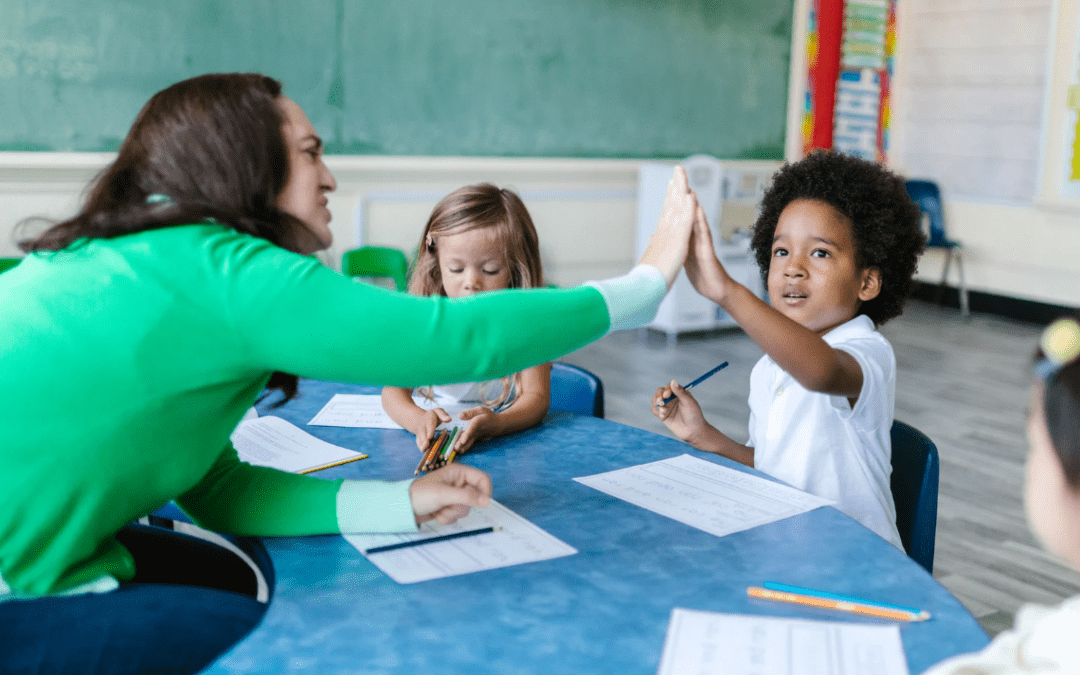The document outlines the key components of effective literacy teaching, which is increasingly complex and essential in modern classrooms. The main goal of literacy instruction is to ensure that all students develop the skills needed to meet the demands of life beyond school, whether in college or their careers.
Key Concepts:
- Understanding Literacy Learning: Effective teachers have a deep understanding of the reading and writing processes and recognize that literacy development is both cumulative and developmental.
- Knowing the Standards: These teachers are well-versed in the literacy standards and know what their students need to accomplish to meet them.
- Knowing Students as Learners: Successful literacy instruction is built upon a thorough understanding of each student’s background, learning styles, and prior knowledge. Teachers collect information on students’ literacy strategies, attitudes, and experiences both inside and outside of school.
- High Expectations: Effective teachers hold high, appropriate expectations for all students. They create learning environments that encourage risk-taking, making mistakes, and self-correction, fostering resilience and growth.
- Use of Flexible Instructional Strategies: Teachers use a variety of instructional strategies, adjusting their methods to meet the diverse needs of their students. These include whole class, small group, and independent work, with varying levels of teacher support depending on the task.
- Challenging Learning Opportunities: Effective literacy teachers engage students in tasks that are challenging yet achievable, helping them build stamina and resilience for complex texts and literacy tasks.
The document emphasizes that literacy teaching should not be a one-size-fits-all approach. Instead, it should involve personalized, ongoing assessment and adjustments to instruction to ensure all students can achieve literacy success. The importance of an interactive, trust-based learning environment, where mistakes are viewed as learning opportunities, is also highlighted as key to effective teaching.
Conclusion:
Effective literacy teaching involves understanding the intricacies of literacy learning, knowing the students, setting high expectations, and using a flexible range of strategies. This approach fosters an engaging, supportive learning environment that promotes student success in both reading and writing.

